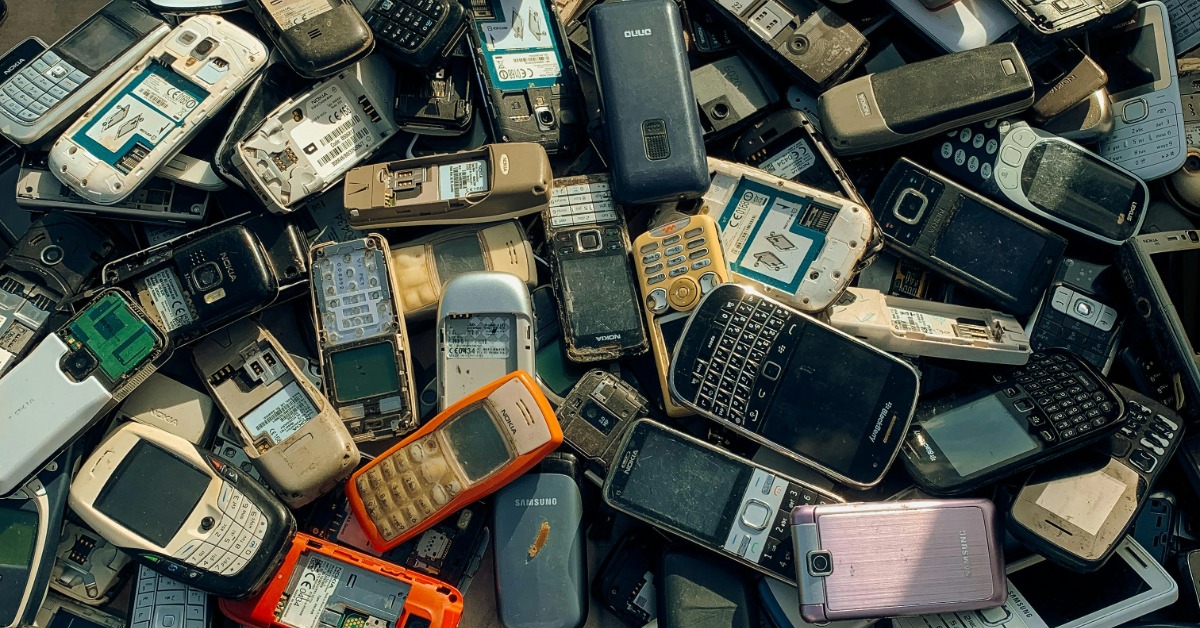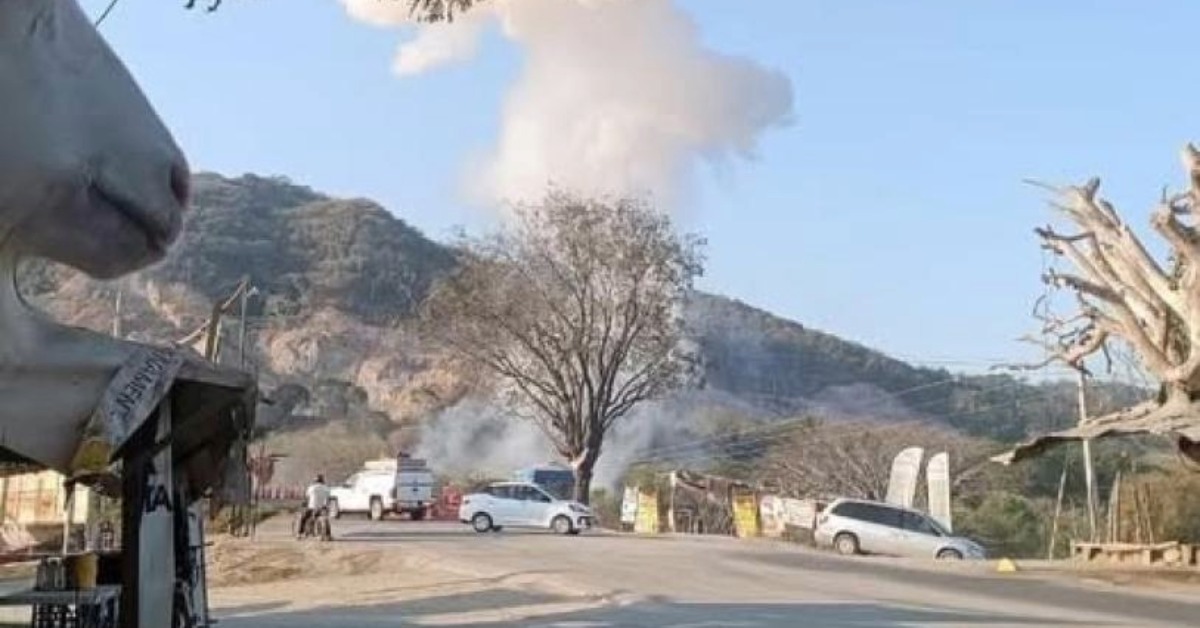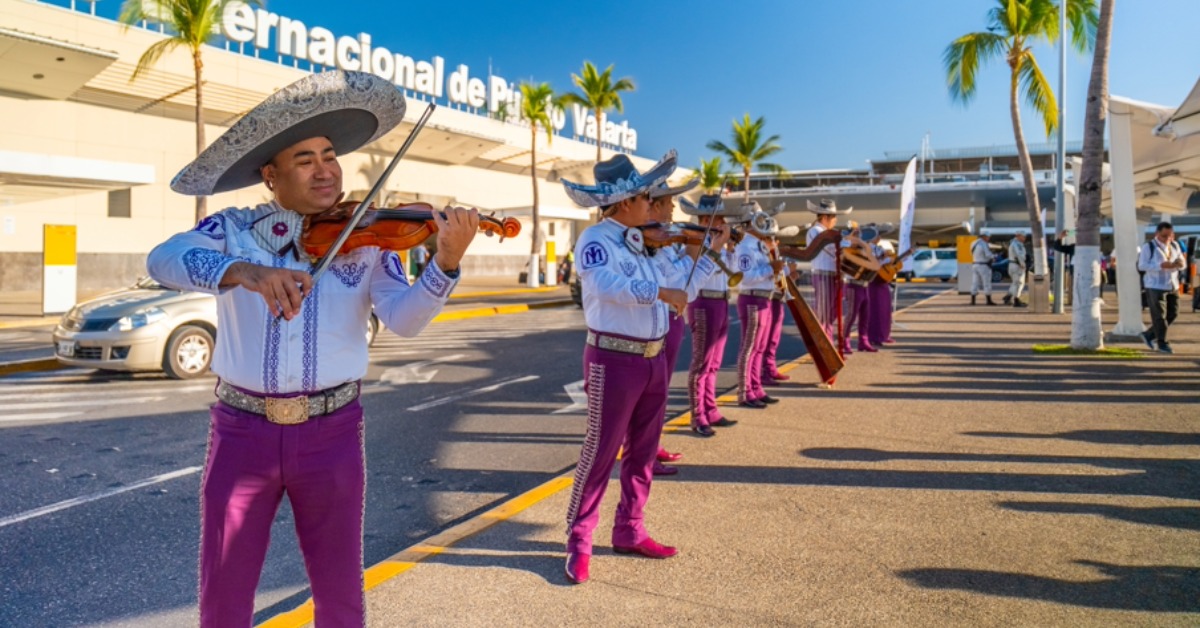The DOJ’s General Inspector indicated that Alcohol, Tobacco and Firearms (ATF) agents have marked the grenades that were purchased by arms trafficker Jean Baptiste Kingery so that they could put a trace on them once they entered Mexico.
“Mexican soldiers exchange gunfire with members of a drug cartel. After the battle, the soldiers recover 15 live hand grenades. ATF later examines the grenades and discover that four of them have components with markings similar to those made by ATF during the Kingery investigation,” the DOJ report said.
The operation was part of the “Fast and Furious” and “Wide Receiver . . .





